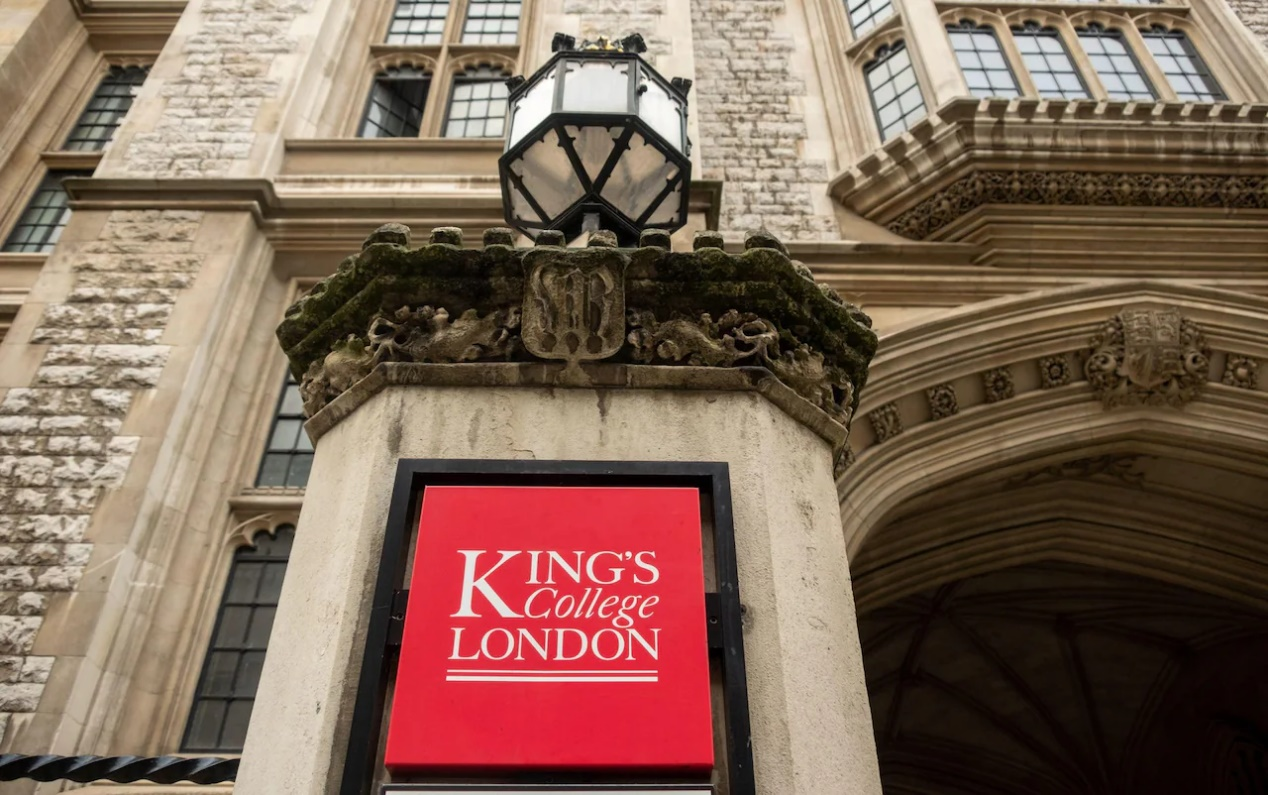GenAI, Labour Markets, and the Economics of Human and Financial Capital
Date:
February 19th, 2026 (UTC+0)
Organizer:
King's Business School, King's College London
Symposium Chair:
Personal Bio:
Dr. Canh Thien Dang is a Lecturer in Economics at the Department of Economics, King's Business School, King's College London. Dr. Canh Thien Dang uses both theory and data to answer questions at the intersection of economics and public policies. His research interests include Development Economics, Public Economics, and Applied Econometrics. Dr. Canh Thien Dang's current research focuses on the economics of nonprofit organisations, financial data, public good provision (housing, security, preferential tax treatment, and public procurement), and innovation.
Call for Papers
Background:
The emergence of Generative Artificial Intelligence (GenAI) and large language models (LLMs) represents a profound technological shift with far-reaching implications for education, labour markets, and human capital formation. In educational contexts, these technologies are redefining pedagogical practices, facilitating adaptive learning, and prompting critical reflection on assessment, academic integrity, and the role of educators. Within labour markets, GenAI is reshaping occupational structures, automating complex cognitive tasks, and altering the composition of skill demand. Consequently, the development of human capital increasingly depends on the capacity of individuals and institutions to integrate AI literacy and adaptive competencies into learning and professional development. Understanding these transformations is central to informing educational policy, workforce planning, and human resource management in an era of rapid technological change.
Goal / Rationale:
The rapid diffusion of Generative AI (GenAI) and large language models (LLMs) poses both opportunities and challenges for the development of human capital and the design of educational and labour market policies. While these technologies offer powerful tools for enhancing productivity, creativity, and personalised learning, their integration also raises questions about skill displacement, the future of work, and the evolving competencies required of graduates and employees. This research seeks to investigate how GenAI can be effectively harnessed to complement rather than substitute human capabilities, and how educational institutions and organisations can adapt to cultivate AI literacy, critical thinking, and lifelong learning skills. Drawing on recent advances in AI-assisted learning environments, workforce analytics, and human–machine collaboration frameworks, the study aims to provide evidence-based insights for aligning education and labour market systems with the demands of an AI-augmented economy.
Scope and Information for Participants:
This symposium invites contributions that explore the intersections of Generative AI (GenAI), large language models (LLMs), and human capital development across education and labour markets. The scope encompasses both theoretical and applied perspectives, including the pedagogical integration of AI tools, the transformation of teaching and assessment practices, and the development of AI literacy among students and educators. Contributors are also encouraged to examine the evolving nature of work, skill demand, and workforce adaptability in the age of GenAI, as well as organisational and policy responses to these changes. Themes of interest include AI-enhanced learning design, ethical and regulatory considerations, human–machine collaboration, and implications for economic inequality and inclusion. The symposium aims to foster dialogue among researchers, educators, and policymakers to advance understanding of how GenAI is reshaping education and human capital systems.






